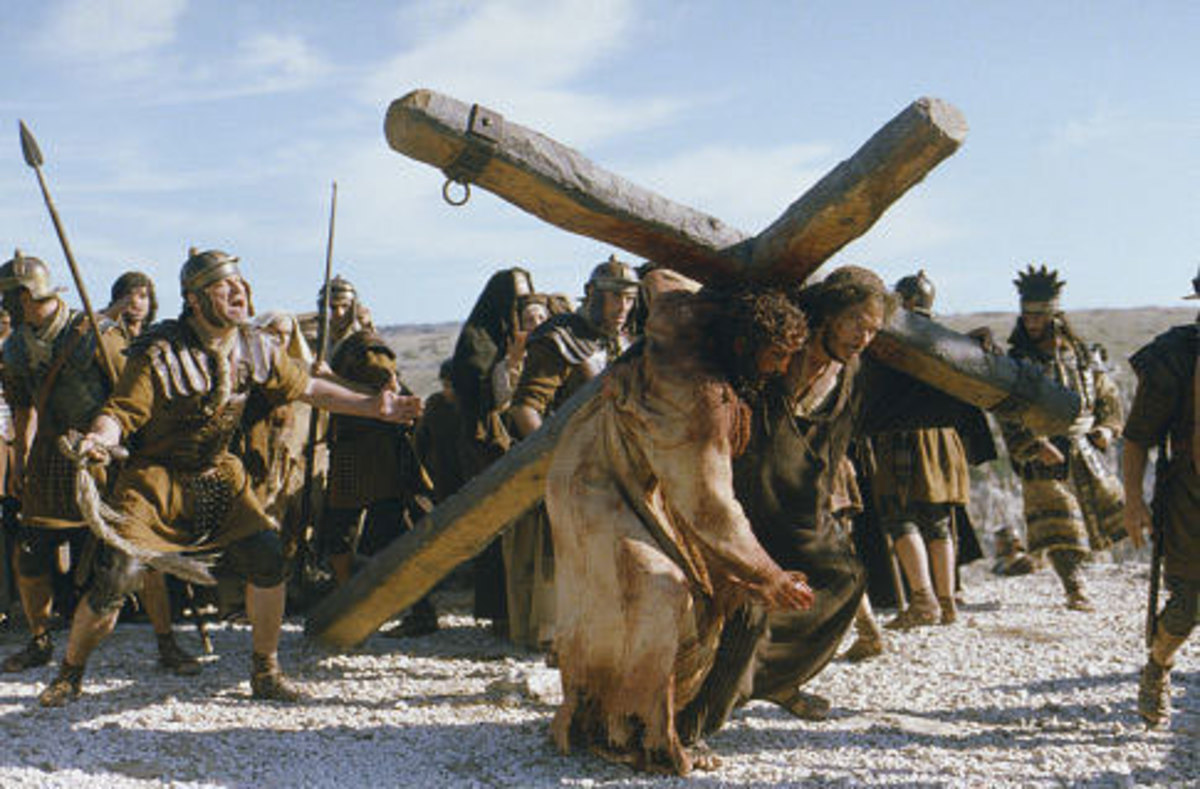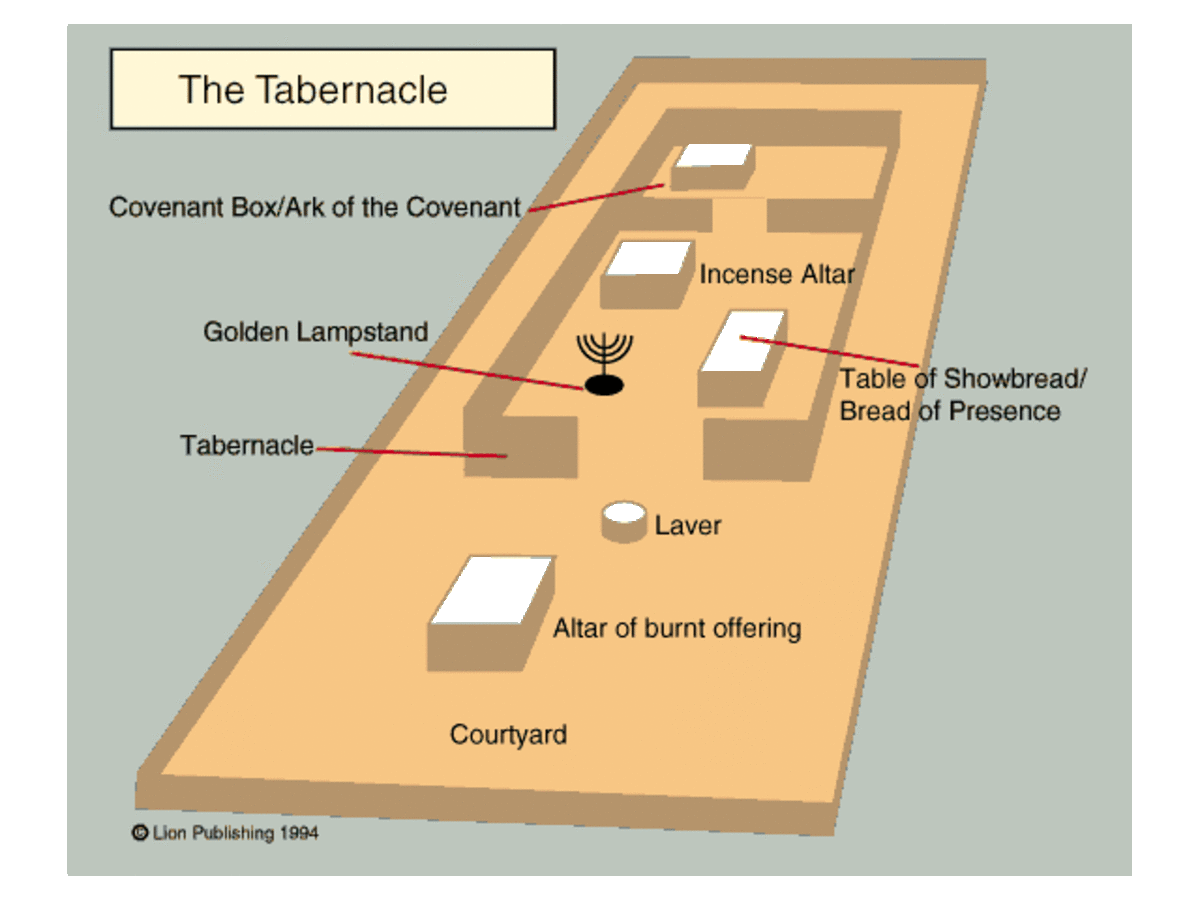Missions Giving – Because we can - 2 Cor. 8:1-12, 9:7

The Macedonian Church
Division #1: Giving to the Church, for the Church’s mission, is commanded.
1 Corinthians 16:2, 2 Corinthians 8: 11-12
2 On the first day of every week, each one of you should set aside a sum of money in keeping with your income, saving it up, so that when I come no collections will have to be made.
11 Now finish the work, so that your eager willingness to do it may be matched by your completion of it, according to your means. 12 For if the willingness is there, the gift is acceptable according to what one has, not according to what one does not have.
To begin this lesson about giving, we need to begin with some background about who Paul was writing this letter to, (the church in Corinth) and also what was going on at the time. Both Scripture and non-biblical accounts tell us there was great poverty in Jerusalem at this time. From historical sources, we know that there was a great divide in the economic classes then. There really was no middle class. There was a few well-to-do people, usually in the ruling class (the Roman aristocracy, politicians, and a very few well-off business owners) and the rest were pretty much dirt poor. The percentages tell the whole story, about 5% of the population was in the elite or Upper Strata, 7% was Upper Strata Dependents, and the remaining 88% would be considered poor or minimal/below subsistence. Imagine living in a culture were 12% of the population had means, and the rest did not. It is with this in mind that we begin to read Paul’s letter to Corinth.
In his second letter to the church at Corinth, Paul, who was primarily an evangelist, spent a lot of time talking about “the collection”, which was a big project for him. He was getting all his church plants to take up a collection to help the churches in Judea, which were on pretty hard times. This letter was written in approximately 57AD by Paul when he was in Macedonia with Timothy. Acts 16 tells us that while Paul had been in Troas, he had a vision of a Macedonian pleading with him to come and help them. Since that visit, Paul and his companions had started and been to churches in Philippi, Thessalonica, and Berea. By the time Paul was writing this letter to the Corinthian church, the Macedonian church was established and willing now to help their other sister churches.
2 Corinthians 8:2 also says that the Macedonian church gave out of their great poverty. Notice they did not give out of their great abundance or their great profit or their great surplus. They gave out of their poverty. Giving should be a primary trait of a Christian. Not giving out of what they have left over, but giving out of everything they have. Jesus said in Matthew 6:25-30 that we should not worry about our stuff, if we give out of our love and as the Holy Spirit directs us, He will take care of us. We cannot out-give the One who gave us everything. In stark contrast, we here in the United States are far more well off than any other people on the planet. If you drive around any place in the US, you will never get a sense of the true meaning of the word poverty. When even the poorest of our citizens have cell phones, we cannot hold a candle to the world’s poor. Whether we look at the people living in mud huts in Africa, or people living in the slums of Gujarat or Manipur, India or Johannesburg, South Africa, we have it very well off. God has blessed every one of us with so much more than just the bare minimum to survive. Even in the most dire economic times we see, we do not understand how some people in other parts of the world live. Look at the picture to the right. This is of a slum just outside of Johannesburg, South Africa. I have actually been there, and I can tell you that the picture gives you a small example of what it looks like, but it does not do justice to the smell. Each shack is made of cardboard or scrap sheet metal, and is usually just one room where everybody sleeps on the dirt floor. In the picture, the residents have found some porta-potties and those are the community bathrooms, but they drain straight out the back and down into the creek. Trash is disposed of in the same way, down the creek bank. Many of these people “work” for themselves, rummaging through the city’s trash heap, looking for recyclables or things they might can sell. They live a tough existence, every day trying to eek by, never knowing where the next meal or the next dollar will come from. Now imagine these people giving an offering through their church to help support missions or other churches in other parts of the world, and you will understand what Paul was saying about the Macedonian church giving out of their poverty.
1 Corinthians 16:2 tells us that we should give “as God has prospered us”, and He has prospered us here in the US mightily. Paul writes that each of us should set aside money and give it to the Church, for its mission. We are commanded to do so, because God has prospered us. This is our way of saying “Thank You” to God for blessing us so much. Notice also that nowhere here has Paul said “if” you give. Paul is relaying the principle that giving is commanded, he is just expounding on “how much” you give.
Also, 2 Corinthians 8:11-12 tells us that we should give according to what each person has, not what they do not have. Paul is telling us that the tithe that was set in the Old Testament was the perfect model. You don’t have to compare the amount of your gift to the amount of someone else’s. A church is not a country club where we have a set amount to pay for membership. Each member is accountable to the Holy Spirit for giving what God commands, and we give a percentage of what God has given, or more, as directed by the Holy Spirit by the way of offerings.
1: We give from the means that God has entrusted to us.
Application Question: When have I taken account of all the gifts God has given me, and is my giving back to Him in line with all that He has given me?
Division #2: Christians give from joy and by grace.
2 Corinthians 8:2, 7
2 In the midst of a very severe trial, their overflowing joy and their extreme poverty welled up in rich generosity.
7 But since you excel in everything - in faith, in speech, in knowledge, in complete earnestness and in the love we have kindled in you- see that you also excel in this grace of giving.
We have just learned about the Macedonian church giving out of their extreme poverty in our first division, but now we will now focus on another word in that verse, which is they gave out their abundance of joy. Our giving should be an extension of our heart. We should be happy to give. Our tithes and offerings further the Church and her mission. Our giving enables the church to complete the “Great Commission” of going to the entire world and make disciples for Jesus. Too many Christians are not obedient to this command of giving our tithes and offerings or from being missionaly active in “giving” AND “going”, and to them the “Great Commission” becomes the “Great Omission”.
Consider that it is very likely that some of the poverty within the Macedonian church was because these people came to Christ. Christians were ostracized by the culture. Even today there is a cost for many people who come to Christ. When Texas pastor Jim Denison was in college, he served as a summer missionary in East Malaysia. While there, he attended a small church. At one of the church's worship services, a teenage girl came forward to announce her decision to follow Christ and be baptized. During the service, Denison noticed some worn-out luggage leaning against the wall of the church building. He asked the pastor about it. The pastor pointed to the girl who had just been baptized and told Denison, "Her father said that if she was baptized as a Christian, she could never go home again. So she brought her luggage." There are still many places in the world, and even many homes in the United States, where becoming a Christian will cost you your place in the family. There are also places in the world today where being a Christian will cost your place in the economic structure, and there are places in the world where being a Christian will cost you your life.
But here in the US, for the most part, we are protected from that kind of discrimination. That was not the case for these Macedonians. We know for certain that the political climate at this time was certainly stacked against Christians, and once a person converted either from Judaism to Christianity, or from a pagan religion to Christianity, for the most part they could and would be cut off from being able to make a living. It was this factor that probably contributed to the poverty at this church, and in the other churches Paul planted in this region.
For all this talk of poverty however, we see that the Macedonian church gave out of their overflowing joy. How in the world does someone in such poverty have overflowing joy? Maybe it is because when you don’t have much, it is easier to count what God has given you? Maybe, when we have so many things and so much stuff, if we tried to count it, we would just get bogged down. Maybe it is because when God blesses us so much, it is easier to think that we got it all, rather than thinking it was God who gave it to us.
We Americans have it good; we excel at almost everything. We have that old Pioneer spirit. “If it is to be, it is up to me!” and I can do it! There is nothing that, if we set our minds to it, we cannot do. We have landed a man on the moon, sent rovers to Mars, launched space probes to the outskirts of our galaxy, sent submarines to the deepest points in our ocean, and even made the longer lasting light bulb.
2 Corinthians 8:7 is a verse that seems to have been written with us in the United States in mind. Just read that like God called you and left that sentence on your voice-mail. God says that since we excel in everything, since we learn so much, since we speak eloquently, since we have degrees from higher learning institutions, we should see to it that we also excel in the grace of giving. The words that the Holy Spirit gave Paul to write are so eloquent and pointed. We have been given all these abilities, and with those abilities can sometimes come arrogance, and even parsimoniousness.
God wants to remind us that it is because He gave us all these gifts and abilities, he wants us to also excel in the grace of giving. Because he has blessed us like no one else, He wants us to give like no one else. It is out of the abundance that He has given us that we should joyfully give back to him. God is not a poor old man. God does not need our stuff; it is all His anyway. Psalm 50:10-12 says for every animal of the forest is mine, and the cattle on a thousand hills. I know every bird in the mountains, and the insects in the fields are mine. If I were hungry I would not tell you, for the world is mine, and all that is in it. God is not in need of anything. What God wants is for us to learn to trust him not just with 10%, but with 100%. Giving is more for us, not Him. We give to Him, because we love Him and want to show our heart. We give to Him because He has given us the ability to give to Him. We give because it was commanded. We give because we want to. We give because we can.
2: We give from the overflow of God's abundance.
Application Question: When have I given joyfully, and when have I given with reluctance, and how can I always approach giving with a joyful heart?
Division #3: Christians give out of love for God.
2 Corinthians 8:3, 9:7
3 For I testify that they gave as much as they were able, and even beyond their ability. Entirely on their own,
7 Each of you should give what you have decided in your heart to give, not reluctantly or under compulsion, for God loves a cheerful giver.
We all have choices. Adam and Eve had a choice in the garden. Noah had a choice to obey God and build the Ark. Jesus had a choice in the wilderness to bend to Satan’s temptation. God did not make robots, He made humans who have the free will to make choices. He knows in advance the choices we will make, but he does not force us to make them. We can choose to turn right or turn left, what to eat for lunch, and even where to go to church, if at all. But God also created a universe where choices have consequences. One choice can change your life. Someone choosing to drive intoxicated could be arrested or worse take the life of someone else in an accident. Choices also have positive outcomes. Our decision to accept Jesus Christ as our Savior is a choice each of us has, and our choice for Jesus changes our lives forever.
We also have a choice to follow God’s commands. God laid out His plan for our lives within the pages of His book, the Bible. God never changes. The God of the Old Testament is the same God of the New Testament and is the same God today. When the Old Testament law was fulfilled in Christ, certain laws were completed, but God did not change. With respect to giving, Old Testament people had a choice to give, just like New Testament people and people today. Whether or not we obey God’s commands indicates the attitude of our heart, and our attitude toward God himself.
In 2 Corinthians 8:3, Paul says that the Macedonians gave “beyond their ability”. They gave as much as they were able, and then some. Few people know how hard it is to be poor, but the church in Macedonia knew all too well. They were very familiar with the plight of the churches they were sending money to. These believers were personally acquainted with the phrase “dirt poor” and if they had any way or means to reach out and help others in their same predicament, they were “All In”. All Paul had to do was ask and they were more than willing to help other brothers and sisters in Christ.
In 2 Corinthians 8:3, Paul also says that the Macedonians gave “entirely on their own”. They had a choice to give, and they gave. They also gave separately, together. On their own, individually and as a church, they gave. Nobody sent them a bill for them to pay, the church did not send bill collectors to their residences or turn them over to a collection agency, and there was no hard sell. But more than their willingness to give, they even gave beyond their ability! The Macedonian church wanted to give, and when a church gets together and wants to do something with the urging of the Holy Spirit behind it, it is an unstoppable force.
2 Corinthians 9:7 also says they had decided in their heart to give. It was a heart choice. It also bears pointing out that they were helping send aid back to their mother church. It was the church in Jerusalem that sent missionaries out to plant these churches. How special it must have been for the planted churches to be able to render aid to the Jerusalem church. Scripture in Luke 21:1-4 records Jesus telling about a widow who gave everything she had, we know this story as “The Widow’s Mite”. The “mite” was the smallest bronze or copper coin, and was worth less than a penny. It was the smallest denominational coin minted by Rome. As Jesus was sitting at the temple, he was watching people during the offering. He saw all the rich folks putting in their offering and then he observed a poor widow put her two mites in. Keep in mind the Bible was not written with chapter and verse headings, so if we look at the end of Luke 20, in verses 45-47, Jesus is talking about the “teachers of the law” who “devour widow’s houses” and “for a show make lengthy prayers” and then here at the start of Chapter 21 Jesus talks about this widow’s offering. It is not known if this widow had lost her house to the “teachers of the law” earlier spoken about, but we do know she was poor and this example was probably meant to be in contrast to Jesus’ previous examples. Jesus said that regardless of the size of her gift, she gave out of her poverty, just as Paul said the Macedonians gave out of theirs. She was not in a “shake down” and the church was not robbing her, she gave because she could.
Paul also writes that their giving was not reluctant or under compulsion. They wanted to give, they wanted to help their Christian brothers and sisters, they wanted to help their sister churches from a love for one another. There was no compulsion aimed at the churches who were giving. God loves generosity. God does not care about the size of the gift, but he counts in high regard the giver’s sincerity and joyful willingness.
This leads into one of the better known verses in the Bible, God loves a cheerful giver. God wants us to understand that our giving stems from our heart. Being filled by the Holy Spirit manifests itself in the actions of the person. A cheerful heart in all things is a good barometer of a person’s obedience to the Holy Spirit, and cheerful giving is a trait that God loves. The Bible tells us of a few things that God loves, and if among those few things He listed a cheerful giver, how important is it for us to pray that God gives us a heart that wants to cheerfully give?
3: Christian giving is a choice; it is not manipulated giving.
Application Question: When do I give cheerfully and when do I give begrudgingly? What prayer can I pray to ask God to make me a cheerful giver?








